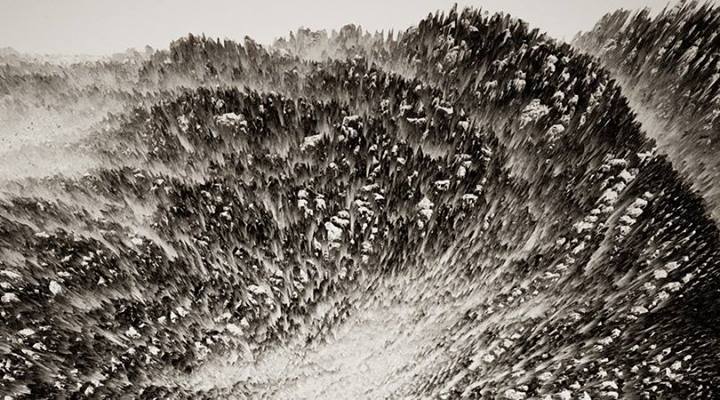Encoded Matter, Ezio Blasetti
March 17, 6.30 PM
Klein Conference room [510], 66 W 12th St, New York, NY
Free and Open to the Public- seating is limited, please register at Eventbrite
http://www.eventbrite.com/
This lecture will reflect upon computational craft that creates consistency and precision within formal explorations. Material constraints can be consciously redefined through pattern and code, which incubate a search for progressive manufacturing methods. Pure algorithmic design encapsulates the potential for new patterns, which manifest around generative procedures and scripted logic. This abstract material logic embodiment enables an engagement with the complexities of organizational space. ‘Encoded matter’ attempts to draw a parallel between material behavior, emergence in simple software and spatial narratives.
Ezio Blasetti, registered architect TEE-TCG, is the co-founder of maeta design (2011), ahylo studio (2009), apomechanes (2009) and algorithmicdesign.net (2008). Ezio’s recent collaborations include new-territories, biothing, acconci studio, a|Um studio and serge studio. He has taught generative design studios and seminars by means of computational geometry at Pratt Institute, the Architectural Association, Sciarc, RPI, UTS, PennDesign and Columbia University. In 2004 he co-founded otn studio, a young design-build practice and completed several projects in Greece. His work has been exhibited and published internationally and is part of the permanent collection of the Centre Pompidou.
* * *
Datamania, Rachel Law
April 2014, date TBA
This talk presents Datamania: a two-fold research study on data pathologies. Digital living requires us to organize data into collections, hoards, wonder-cabinets or myths as a way of understanding our space and the distance an individual has to socialities of data-objects.
Key to this hierarchy is distance, as space is always in flux, but distance is meted out in relations: feet, inches, pounds, arms’ length; a family of object relations. Tension comes from negotiating the data objects that own us, and the objects that we express ourselves by.
This project looks into analog precedents of behavior such as hoarding, kleptomania, adult-onset ADD and OCD, a group of compulsions known as information processing disorders. These parallel behaviors between data-compulsions and their analog counterparts, help us understand the complexities of datamania as a way of life, an ontological instrument of how might one live when the boundaries between the digital and physical fade. Central to the study is the question: How do humans express their mastery, to become objects that organize other objects as a form of modern myth-making?
* * *
Ben Singleton September 25th, 6-8:30 PM B100 (ground floor cafe at 65 W. 11th street)
This talk will introduce Maximum Jailbreak, an ongoing project concerned with developing, through design, film and writing, new perspectives on space travel and settlement: footholds for a genuinely 21st century ascent into the dark. The project mines the deep history of space travel, from the visionary 19th century writings of Nikolai Fedorov and Camille Flammarion, through Soviet cosmism and the ‘extraterrestrial imperative’ spoken of in NASA’s less publicity-friendly departments, to present day initiatives like Mars One and Icarus Interstellar. The project reformulates all these tales of technical ingenuity and extreme commitment around a single guiding idea: that the earth is a trap, and the duty of philosophy, economics and design is the creation of means to escape it – a jailbreak at the maximum possible scale, a heist in which the human species steals itself from the vault.
Bio: Benedict Singleton is a designer and writer based in London where, with artist and film-maker Ilona Gaynor, he runs the design studio The Department of No. He regularly writes on design, philosophy and the history and future of technology for publications like (most recently) Architectural Design, E-Flux, and (forthcoming) Collapse, and has been invited to present his work at the Architectural Association, the Royal College of Art, the London School of Economics, and further afield, in the US, Italy, Germany, Korea, Japan, Sweden, and elsewhere.



